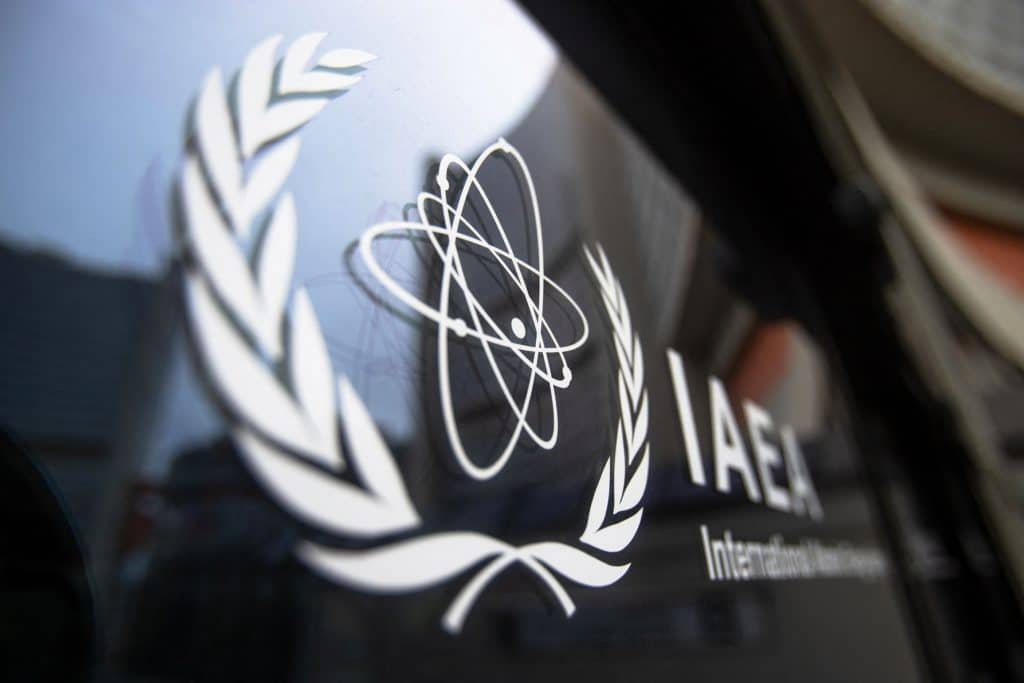
Latest Developments
The International Atomic Energy Agency (IAEA) confirmed on February 26 that Iran violated a mandatory obligation to inform the agency of plans to construct a new nuclear facility. In a quarterly report viewed by FDD, the IAEA said Tehran’s recent groundbreaking on a new nuclear power reactor near Darkovin, known as the IR-360, ran afoul of an IAEA rule known as Modified Code 3.1. The code requires Iran to report to the agency when the regime decides to build a new nuclear-material production facility and provide initial design information. Iran’s violation of the code intensifies concern that Tehran will fail to inform the IAEA if it constructs a secret uranium enrichment plant to rapidly make fuel for atomic weapons.
Expert Analysis
“The United States should build a diplomatic coalition at the IAEA Board meeting for a censure resolution that insists that Iran comply with its obligations under Modified Code 3.1 and stop nuclear activities with no civilian justification.” — Anthony Ruggiero, FDD Senior Fellow and Senior Director of FDD’s Nonproliferation and Biodefense Program
“This development is a clear indication of Iran operationalizing its refusal to inform the IAEA about the construction of new nuclear material production facilities. If the United States and its partners care about supporting the IAEA and demanding Tehran declare the construction of nuclear plants, they must censure the regime’s actions at next week’s IAEA Board of Governors meeting.” — Andrea Stricker, FDD Research Fellow and Deputy Director of FDD’s Nonproliferation and Biodefense Program
Violation of Legal Safeguards Obligation
In February 2021, Iran announced that it was no longer abiding by the Modified Code 3.1. The IAEA reported that in December 2023, it observed via satellite imagery Iran breaking ground at the site of a planned, indigenous 360-megawatt pressurized water reactor. The IAEA reports, “The [IAEA’s] Director General has reminded Iran on many occasions that implementation of modified Code 3.1 is a legal obligation” that Tehran cannot unilaterally alter or suspend. Iran maintains that it is only implementing the Modified Code 3.1’s precursor, which requires it to notify the IAEA about a new nuclear facility just six months before the regime introduces nuclear material — in general, uranium, plutonium, or thorium. Since nuclear facilities may take many months or years to construct, this means Tehran would not notify the IAEA until the facility is essentially operational.
Concerns About New Construction Near Natanz
Iran is building another nuclear facility of concern near Natanz that is buried deep under a mountain. The Institute for Science and International Security reports that at least one Western intelligence agency is concerned that the site could house a secret uranium enrichment plant to enable Tehran to rapidly produce weapons-grade uranium for nuclear weapons. The agency also believes that the site may be impenetrable to military strikes. If Western countries do not hold Iran accountable for its failure to declare construction of the IR-360 reactor, Tehran will likely feel emboldened to construct enrichment plants in secret.
